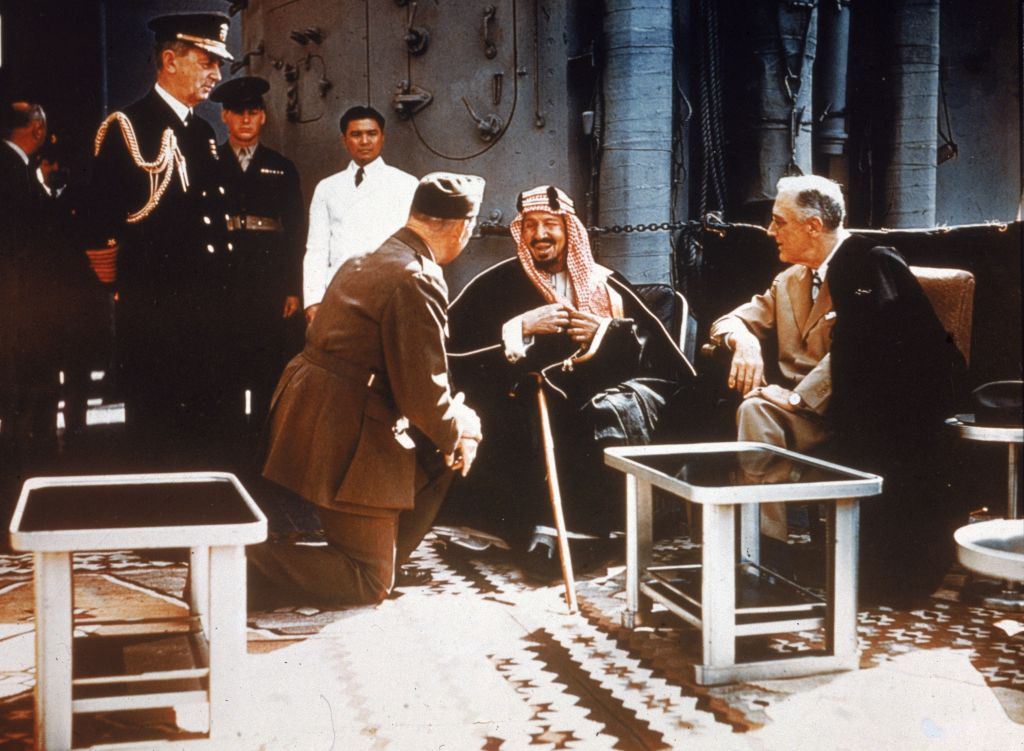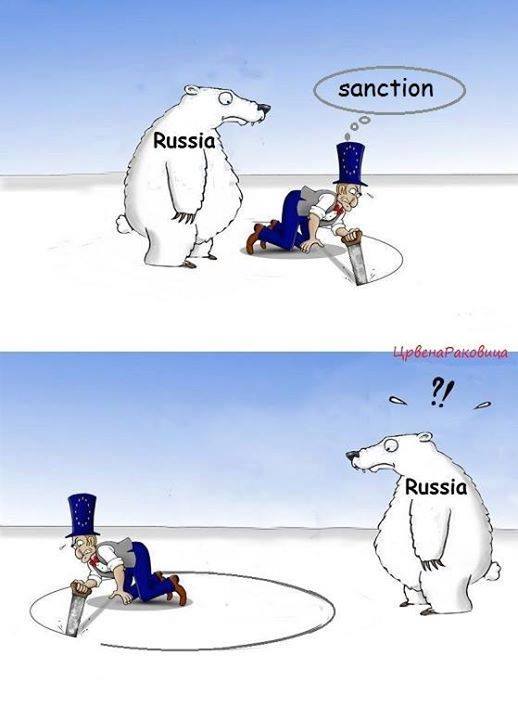TACTICS, STRATEGY AND OPERATIONS
So far the Russian military operation in Ukraine has been a reconnaissance in force preceded by the destruction of the supplies and headquarters of the Ukrainian Armed Forces by standoff weapons. The object being to suss out where the Ukrainian forces are, to surround them, to check existing Russian intelligence against reality and, at the same time, destroy known headquarters, air and naval assets, supplies and ammunition depots. And, perhaps, there was the hope that the speed and success (Russian/LDPR forces dominated an area of Ukraine about the size of the United Kingdom in the first week) would force an early end (aka recognition of reality).
At the moment they are readying for the next phase. The long column that so obsessed the “experts” on CNN is the preparation for the next phase. And that is this: “You didn’t get the hint, so now we have to hit you”. The fact that the column has been sitting there indicates that the Russians know they have complete air superiority. Secondly it is a message to the Ukrainian armed forces that it’s over, give up. (And one should never forget that the Russians/Soviets have always been the best at strategic deception, so who knows what’s actually there versus what the images show?)
As far as I can see they’ve created three cauldrons (encirclements). Probably the most important one is the one around Mariupol where the main concentration of Azov, the principal nazi force, is. Another is being established around the main concentration of the Ukrainian Armed Forces facing LDPR. And there appears to be another developing to the east of Kiev. A super cauldron of all three is visible. The nazis will be exterminated; the ordinary Ukrainian soldier will be allowed to go home. The nightmare question is how many ordinary Ukrainians will be free to choose.
The dilemma for the Russians is city fighting. They do not want to have a Raqqa in which every building is destroyed, every person killed and solitudinem is declared to be pax. They know that at the end of the day there will still be Ukrainians and they will want them to be friends: Washington can create solitudes far away, but Moscow cannot create them nearby. This greatly complicates their problem when they try to clear the nazis out of Mariupol knowing that the nazis are using the city’s people as hostages. The same problem exists, to a lesser degree, in the other cities of Novorossiya. My guess is they will surround most cities and hope that Zelinsky & Co come to their senses. But I fear that the Mariupol battle will be horrible.
There are some slight indications, on Day 8, that Ukrainian negotiators are realising that neutrality is something they have to agree to. I also see the realisation creeping up on the American side.
The ultimate Russian aim is not visible. By this I mean the ultimate strategic aim; we know what the grand strategic aim is. Are the Russians planning to create a Novorossiya which will be independent or are they aiming to create a Novorossiya which will be a bargaining chip with rump Ukraine? I think the answer depends on what Zelinsky and Kiev (and the locals) decide. In about a week’s time, an independent Novorossiya will exist and Russia will continue to have the hammer.
I would expect large-scale surrenders of the Ukrainian Armed Forces to begin in the next 24/48 hours (Chechen forces already claim one and have an impressive collection of “trophies” to prove it). A significant proportion of the Ukrainian Armed Forces is now surrounded and, as is usual (vide Sun Tsu) the Russians have left them an exit.
GRAND STRATEGY
The impotence of the EU and NATO is clear to everyone (Well, OK, not anyone on CNN, or in the US Congress or in the halls of power in the West. But they are not the whole world). In this respect, I recommend watching Riyadh – Abdul Aziz was very good at seeing how the wind blew and one can assume his descendents are too.
The 97, or whatever they were, fighter planes that were excitedly announced, are obviously not coming. The no fly zone can’t be “declared”. The Chechens have picked up a lot of MANPADs that NATO supplied. All that NATO support will get you is destruction when you fight the war it suckered you into and an extra special Christmas card when you’re defeated and ruined.
We are seeing the collapse of post Cold War triumphalism, “end of history”, “unilateralism” and all the rest of it. Reality is biting, and biting hard. All you have to do is watch CNN’s parade of talking heads and “experts” speculating about how crazy Putin is: they don’t understand, therefore he must be nuts. For the West, as it has been, it’s over. The confusion, the bullshit, the boasting, the hysteria, the bans: the West has nothing left in the locker. Pour Russian vodka down the toilet, fire a singer and director, change the name of a drink or a salad, ban cats or trees, sanction a Russian plutocrat and steal his yacht, wear a blue and yellow t-shirt. Pathetic. And don’t, under any circumstances, allow a Russian outlet to tempt the sheeple with “disinformation”. Just like the USSR but stupider. And who thought stupider was even possible?
Judo is about deception and using the opponent’s strength against him. Putin, the judoka, has judoed the West into suicide. Put your money in our banks, we can confiscate it; put your assets in our territory, we can steal them; use our money and we can cancel it; put your yacht in our harbour, we can pirate it; put your gold in our vault, we can grab it. That is a lesson that will resound around the world. A naked illustration that the “rules-based international order” is simply that we make the rules and order you to obey them. In 2 or 3 weeks everybody in the world who is on the potential Western hit list will have moved his assets out of the reach of the West. Xi will permit himself a small smile.
As to Western sanctions against Russia, I think there’s a very simple answer to that: last week 1000 cubic metres of gas cost $1,000; today it’s over twice that. Next week it certainly won’t be cheaper. Ditto for aluminum, potash, titanium, wheat. Russian airlines lease their planes; now what? Russian rocket motors. What the people in the West do not understand is the ruble is the currency the Russians use inside the country but the price of oil and gas is the Russian currency outside the country. I am astounded at the stupidity: they’re cutting their own throats and destroying their own economies.
Russia sits back and laughs: fly into space on your own broomstick.
The world order has changed. Week Two.


